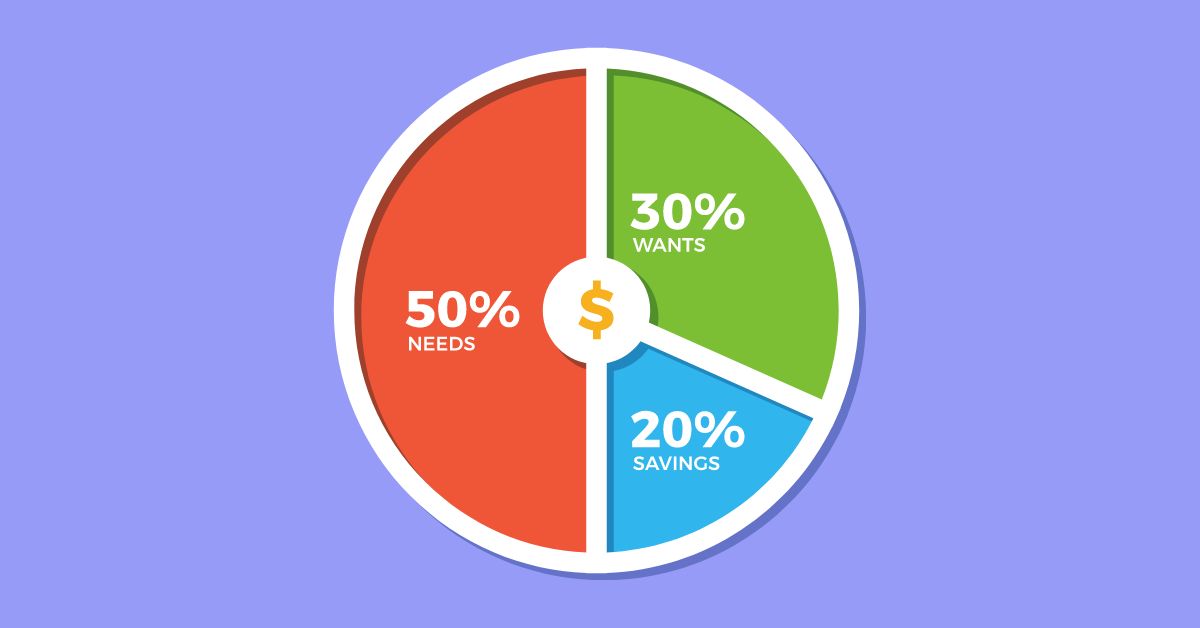While some investors like to invest in stock markets, some prefer trading. But, those who trade in the stocks are primarily expert traders and know the nitty-gritty about the stock market. But, what do beginners do? Do you need any skills to be an intelligent investor?
No matter what and where you invest, it is your hard-earned money, and you should develop specific skills to gain maximum benefits from your investing activities to achieve your financial goals sooner.
This article explains seven investment skills that every investor should have to optimize the returns.
What Skills Should Investors Have?
Investing can intimidate newcomers. An investor must understand how the business generates revenue and whether it has a sustainable competitive edge. We have a list of skills that can help you invest like a pro.
Learning About Stocks
Equity is a risky asset class with no return assurance. People primarily invest in stocks to profit from a share price rise. However, a price decrease is always feasible if the company performs poorly.
Dividends are another way to benefit from stock market investments. The investors should thus have adequate knowledge about the companies before investing in them.
Research to Learn How to Invest
Simply choosing a stock based on social media trends or current events is a bad bet. You cannot be confident in your investment decisions unless you thoroughly research the company. Learn about the company’s leadership, business model, financials, and vision/plans to gain insights into how your stock will perform in the following months and years.
Understand Investment Decision Process
An investing process is a collection of instructions that control the behavior of investors so that they remain committed to their investment strategy, that is, the basic concepts on which they aim to outperform. The investment process entails a thorough examination and analysis of the various asset classes and the risk-return ratios.
Understand Different Investment Strategies
Investment strategies assist investors in determining where and how to invest based on their projected return, risk tolerance, capital, long-term, short-term investments, age of retirement, the industry of choice, etc. Investors can strategize their investment decisions based on their aims and aspirations.
Passive and Active Investments
Passive strategies tend to be less risky as they focus on duplicating the benchmark index unlike active investing which aims to outperform the benchmark index. However, active or passive investing should be considered once you have your investment goals in place.
Learn Types of Investing
Primarily; there are five different types of investing that prevail in the market:
Growth Investing
It is aimed to achieve capital appreciation and in growth investing, you invest your money in companies that indicate constant and above-average growth, in comparison to peers and the overall industry.
Value Investing
The value investing method entails investing in a company based on its intrinsic value since the stock market undervalues such stocks with the belief that when the market corrects, it will also restore the undervalued companies, and when the price skyrockets, the investors earn significant returns when they sell.
Income Investing
Rather than investing in stocks that enhance the value of your portfolio, this technique focuses on earning cash income from them. You can generate a cash income in the form of dividends.
Dividend Growth Investing
This investment approach enables you to look for companies that pay dividends and improve their dividend payout every year. Investors reinvest dividends and gain from compounding over time.
Contrarian Investing
This methodology relies on purchasing at a modest price and selling at a high price. However, investors should look for companies with the ability to develop value and a brand that inhibits access to their competitors.
Get Familiar With Indexing
Indexing is an activity that tracks the performances of various securities in one single metric and compares them with each other. If you learn how indexing is done, you will be able to better predict the market movements for the stocks you want to invest your money in since indexes reflect a particular economic activity.
How to Improve Investment Skills?
The financial markets may have been solid on one day but may swing due to a minor alteration the other day. Thus, to become (or remain) a great investor, here is what you can do.
- Train yourself by participating in webinars or classes held by proven investment gurus.
- Reading broadens the outlook and allows an investor to understand market trends. It will help while evaluating firms and projects for investment.
- Patience is a crucial ability for any investor to possess. It could take them two to three years to find the optimum plan.
Let’s see the basic points you should be aware of before you invest in the stock market.
Basic Rules for the Stock Market Investing
The allure of substantial returns has primarily drawn investors to stock markets. Making money in stock market investments is challenging and needs a great degree of patience and discipline, and it also necessitates a thorough understanding of the market, among other things. Scroll down to read the basic rules for investing in the stock market.
Analyze Your Financial Goals
It is good to analyze financial goals to determine the feasibility of short, medium, and long-term investments to create a relevant strategy that measures and achieves savings and tracks your progress.
Diversify Your Investments
A well-diversified portfolio helps to minimize risks while investing for the long term. You can begin with cash, stocks, bonds, government securities, or a combination of the three.
Rebalancing Your Portfolio
Portfolio rebalancing is a strategy for realigning the asset mix in a portfolio to preserve the desired asset allocation and risk profile. It entails selling a few investments and buying more to raise investment in current securities or adding cash to purchase new securities strategically.
Aim to Invest for Long-term
Some asset classes outperform and offer higher risk-adjusted returns over the long run, while others outperform in the short term. Long-term investment strategies also allow investors to take on more risk because they have more time to recover from mistakes and losses.
Periodical Reassessments
Investment evaluation is the challenge of balancing investment risks and expected returns. Periodical reassessments will help you find the issues so that you can better address the challenges if they create a hindrance in meeting your investment goals.
Conclusion
Investing in the stock market requires some research and practice. You can invest successfully in the stock market if you have the correct strategies. Intense study, careful planning, and eyeing the market can make you a pro at investing.
At WealthDesk, we offer you readymade WealthBaskets consisting of stocks or ETFs reflecting an investment strategy or theme designed explicitly by the SEBI-approved investment professionals and make your investment journey hassle-free.
FAQs
If you wish to be successful at stock market investing, you should have the skills like dedication, conducting research, patience, studying markets and stocks, etc.
– Maintain straightforward and easy-to-follow
financial techniques.
– Buy low, sell
high
– Put money away once a month or
with each paycheck
– Invest consistently
Investors believe that investing is a long-term game. They are willing to take some risks to earn a return, but they are more concerned about a consistent return on their portfolio over time.
An investment strategy is a set of rules, behaviors, or procedures used to govern an investor’s selection of an investment portfolio. Individuals have diverse profit objectives, and their specific skills need the use of different approaches and plans.


















